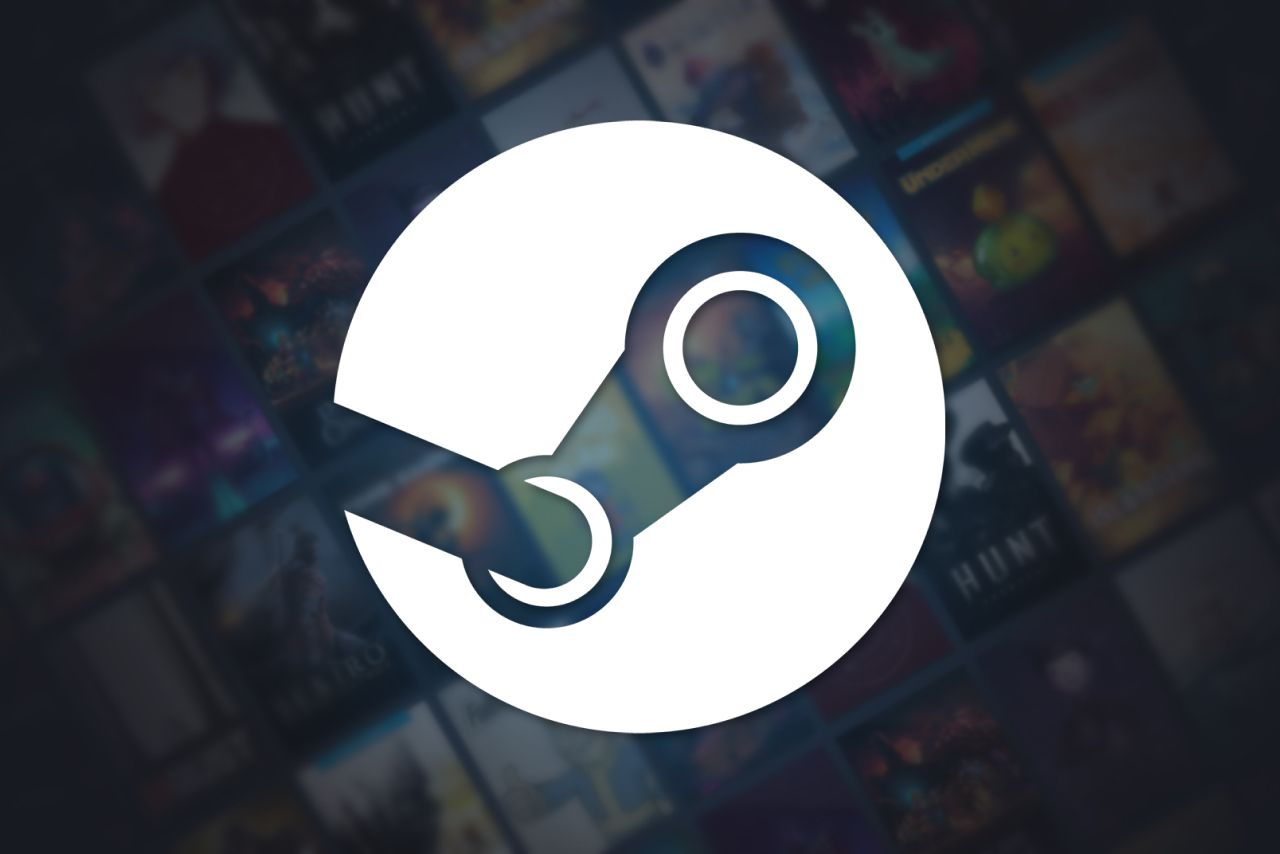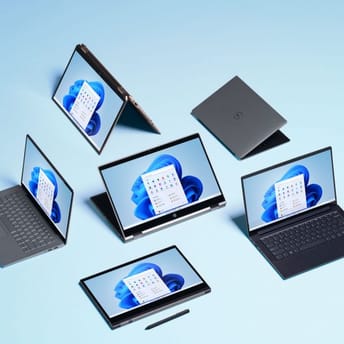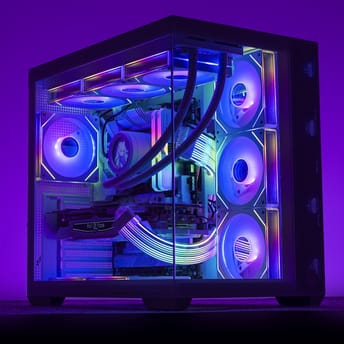Linux and macOS outpace Win11 growth on Steam after Win10 EOL

|
|
Key points
- Windows 11 reached 63.57% in October; Windows 10 fell to 31.14%; Windows overall is 94.84% across Steam users.
- Linux climbed to a record 3.05% and macOS rose to 2.11%; their combined gain of +0.57% exceeded Windows 11’s +0.53%.
- Windows 11 faces reliability complaints and stricter hardware requirements, slowing upgrades and pushing users to alternatives.
Weeks after Windows 10’s support ended on October 14, the October 2025 Steam Hardware & Software Survey shows roughly a third of Windows PCs still haven’t moved to Windows 11, while macOS and Linux together saw a larger combined month-over-month gain than Windows 11.
Windows still dominates the OS mix on Steam, but the October snapshot shows an interesting shift: during last month, more users moved to Linux and macOS in aggregate than to Windows 11.
Overall, Windows sits at 94.84% (down 0.56% from September). Windows 11 reached 63.57% (up 0.53% compared to last month), while Windows 10 fell to 31.14% (with 1.04% drop), leaving roughly one in three Windows PCs on the older OS.
Outside Windows, Linux climbed to 3.05% (+0.37%), and macOS rose to 2.11% (+0.20%). Together, macOS and Linux posted a larger combined month-over-month gain than Windows 11 did, +0.57% vs +0.53%, respectively. It is also the first time Linux has reached this high, 3%, on Steam.
October’s survey results may suggest that Steam users who stayed on Windows 10 due to hardware limits or concerns about Windows 11 are now opting for alternatives. In total, more PC players moved to Linux and macOS combined than upgraded to Windows 11.
Windows 10 risks for PC gaming
Windows 10 reached the end of life on October 14, 2025. Still, a substantial share of Steam’s audience remained on it immediately after, which boosts security risk because routine patches and most consumer protections no longer arrive on PCs.
Extended security coverage is available for $30, but staying on Windows 10 now means greater exposure to various threats and an increased reliance on workarounds that do not replace proper OS updates.
Most PC games still run on Windows 10 for now, but the ecosystem is moving to Windows 11:
- Nvidia will provide full Game Ready and Studio drivers on Windows 10 through October 2026.
- Final Fantasy XIV ended Windows 10 support on October 14, 2025.
- Capcom no longer guarantees Monster Hunter World, Rise, or Wilds will work correctly on Windows 10.
- New game releases are moving toward Windows 11 (Battlefield 6 recommends using it and requires Secure Boot for anti-cheat to work, while Silent Hill f lists Windows 11 as the minimum requirement).
Why some gamers hesitate on Windows 11
Moving to Windows 11 is not frictionless either because of its hardware requirements (TPM 2.0, Secure Boot, and a relatively new CPU). Many older gaming PCs and laptops fail those checks, pushing owners toward full hardware upgrades or new prebuilt systems.
That higher bar for requirements has driven the PC hardware market to new records in 2025 as consumers refreshed their rigs. The global PC gaming hardware market, including desktops, laptops, DIY components, and peripherals, is projected to grow 35% in 2025 to $44.5 billion.
Some users are hesitant to move to Windows 11 because Microsoft is forcing Copilot and other apps to install and launch on startup by default. On devices that already have Microsoft 365 desktop apps, the Microsoft 365 Copilot app auto-installs during this Fall.
Windows 11 gaming performance concerns
Gaming Copilot is integrated into Xbox Game Bar. During gaming or other active use, it collects various information (including voice) and captures screenshots to provide context for assistance and other uses. Microsoft states these images are not used to train models.
The overlay and capture services continue running in the background and consume CPU, GPU, and RAM, which can take a toll on the gaming performance, so many players turn these features off.
A separate support case describes how Game Bar incorrectly detects Microsoft Teams as a game and degrades performance until it is disabled, potentially creating overhead.
Several recent Windows 11 updates caused various technical problems; most were detected quickly and either rolled back or fixed, but the whole situation still caused significant user frustration.
Bloggers and reviewers repeatedly found Windows 11 trailing Linux on handhelds this year. Dave2D’s like-for-like tests on Lenovo’s Legion Go S showed SteamOS outperforming Windows in most games, a result echoed by Ars Technica’s Linux benchmarks for the new ROG Xbox Ally.
Taken together, these head-to-head comparisons point to higher Windows overhead on handheld hardware than on Linux-based SteamOS.
Summary
The trend is not a catastrophe for Microsoft. Windows still dominates PC gaming in general and Steam in particular, but the share of Windows 10 after its end-of-support period remains unusually high.
That leaves a large PC group running an unpatched OS, raising security concerns across the entire ecosystem. Combined with an older OS, in a worst-case scenario, an engine-level vulnerability like the recent Unity case could trigger a disastrous cyber incident.
Reluctance to adopt Windows 11 also reflects sentiment. Copilot ships by default, which some users consider bloatware, and Game Bar adds capture features with possible performance cost, so part of the audience is exploring alternatives.
October’s Steam data mirrors this shift: Windows 11 at 63.57% (+0.53%), Windows 10 at 31.14% (-1.04%), Linux at 3.05% (+0.37%), macOS at 2.11% (+0.20%), with Linux and macOS together having a greater influx of gamers month-over-month than Windows 11.
















